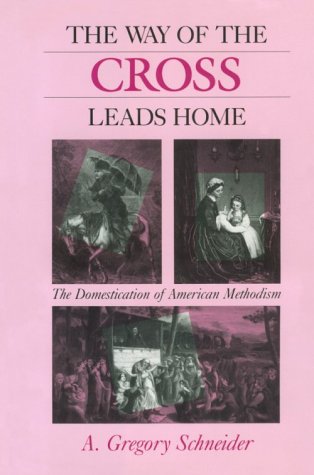Religion in North America
1 total work
This richly detailed study of the rise of American Methodism and its social and cultural impact focuses on Methodist religious practice. Schneider shows how the forms of Methodist social religion laid the foundation for the adoption by many white middle-class Christians of an ideology of evangelical domesticity. Through practices such as class meetings and love feasts, Methodism cultivated a piety of self-sacrifice and strong individual moral agency. This individualistic piety thrived, nevertheless, in a deeply affectionate religious community understood as a family set against the world. This metaphorical family of God became the model for literal families in an ideology of the Christian home. Eventually the activities of the domestic circle superseded practices such as the class meeting as the preferred means to nurture Christian piety. Schneider describes from within the piety that fueled the growth and spread of institutions, the enlargement of memberships, and the emergence of strong leaders.
He describes how Methodism replaced a model of family based on the sovereignty of the patriarch with a model based on a sacred circle of affection, thus influencing the place of women in society. His book is a deeply rewarding analysis that connects the inner life of a major religious group to an important aspect of American culture.
He describes how Methodism replaced a model of family based on the sovereignty of the patriarch with a model based on a sacred circle of affection, thus influencing the place of women in society. His book is a deeply rewarding analysis that connects the inner life of a major religious group to an important aspect of American culture.
